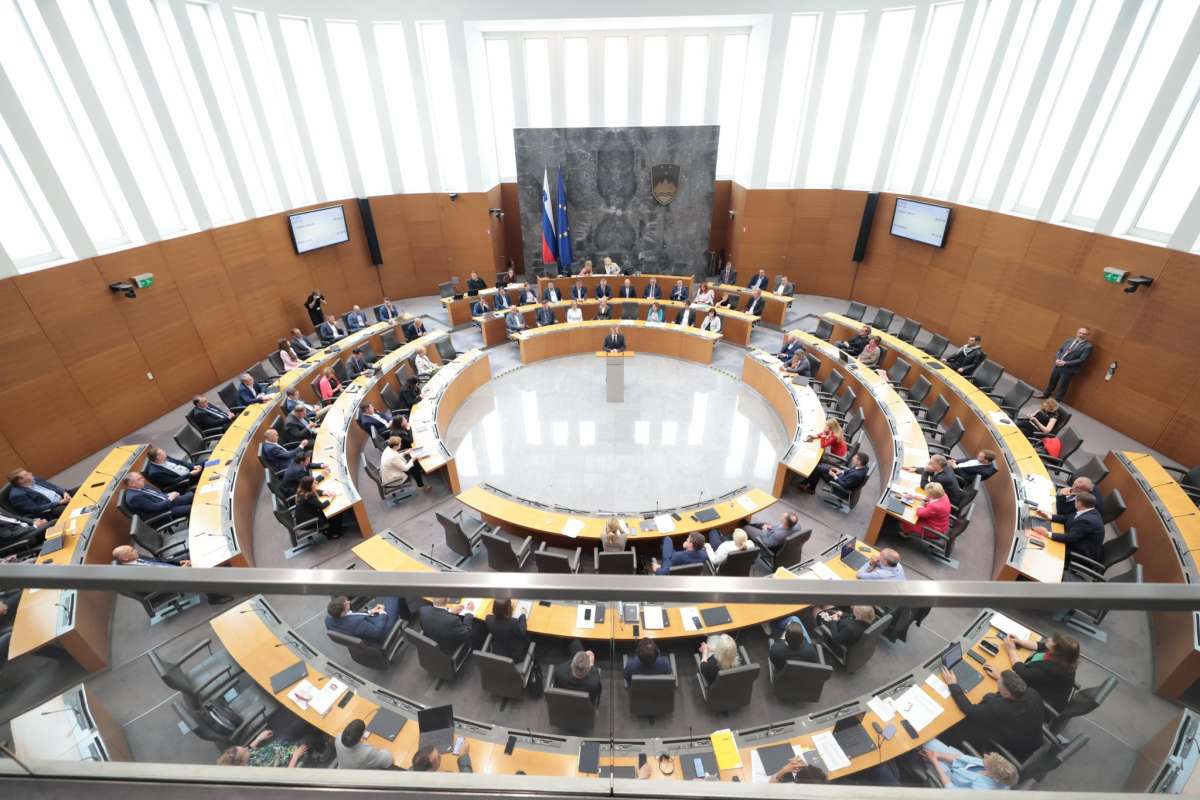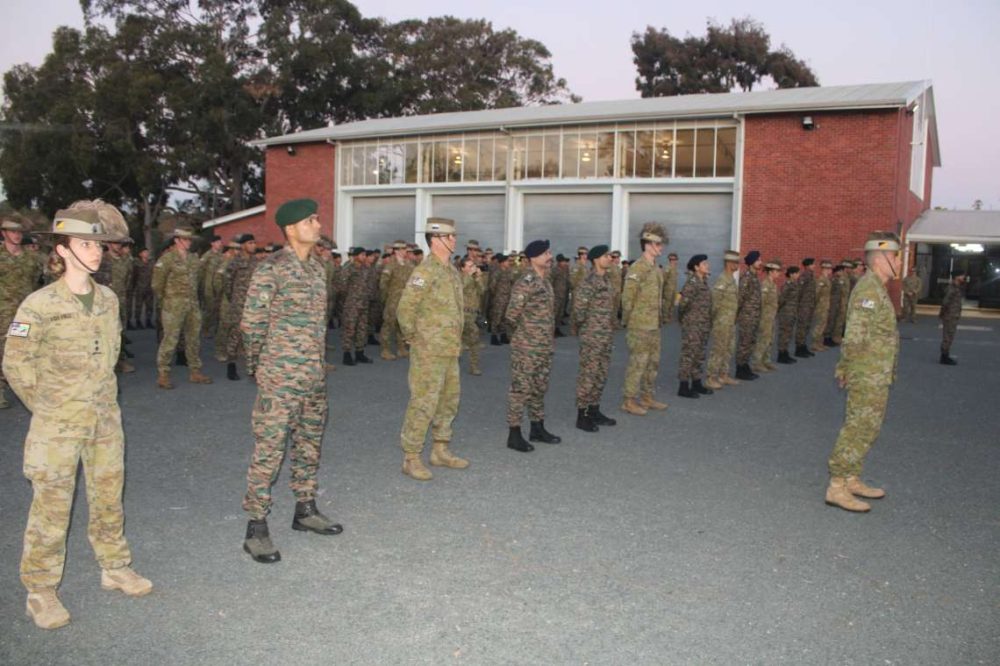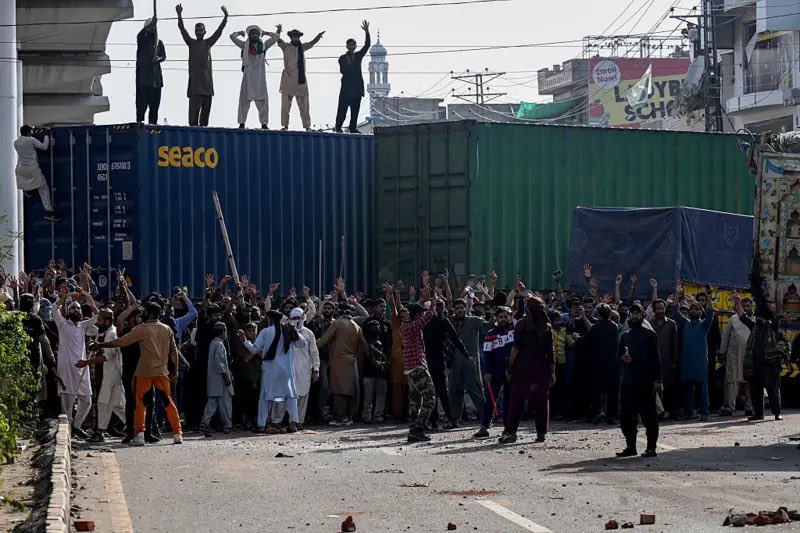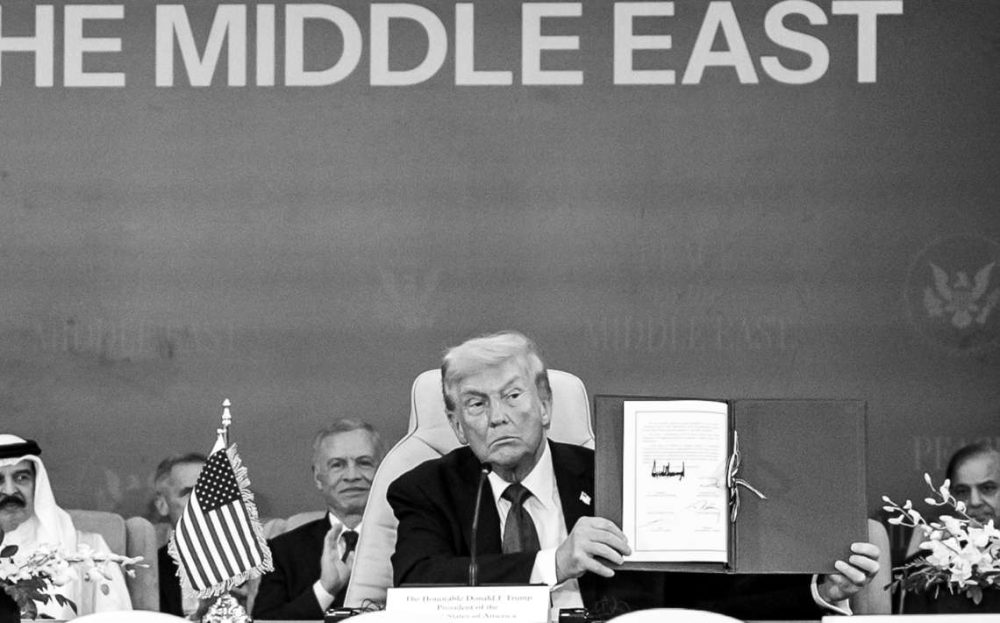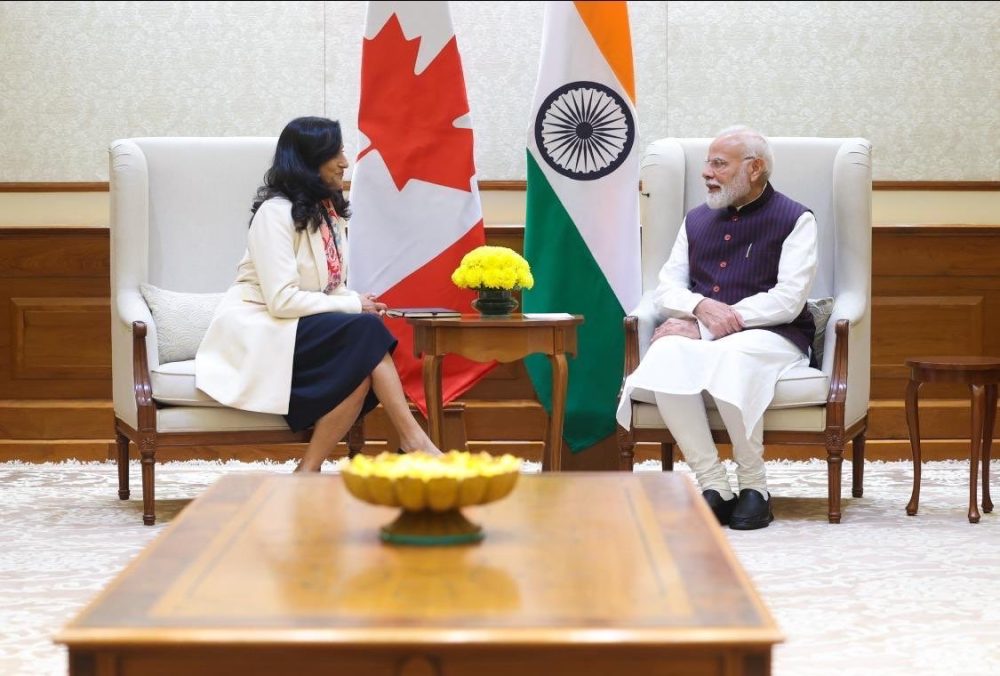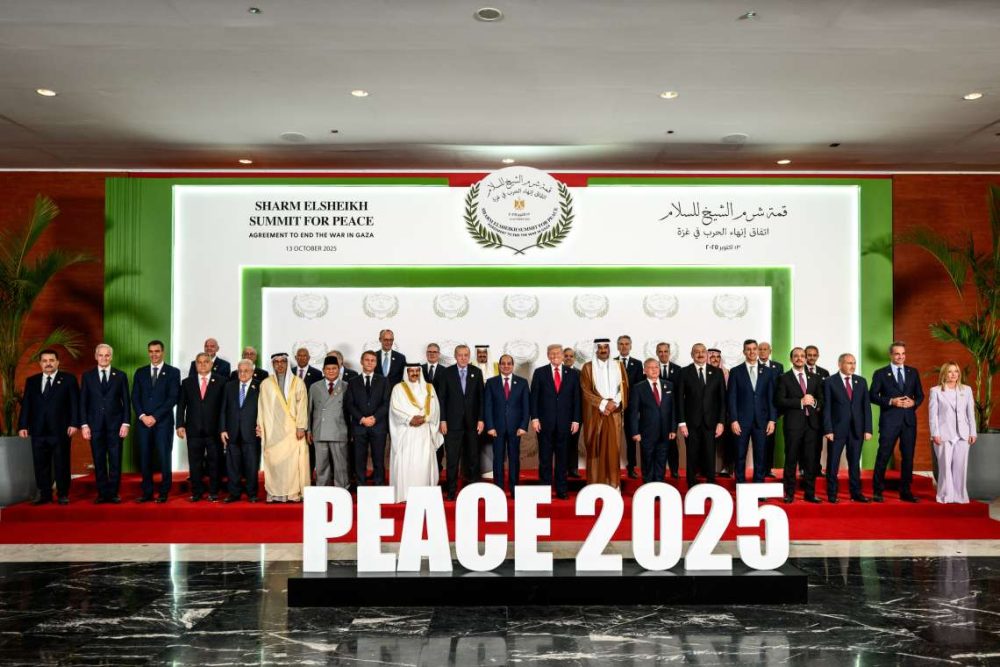Slovenia’s government said it acted unilaterally because the European Union was “unable to adopt concrete measures.
Slovenia has become the first European Union member state to impose a complete ban on the import, export, and transit of weapons to and from Israel, citing the worsening humanitarian crisis in Gaza. The decision, announced on Thursday by Prime Minister Robert Golob after a cabinet meeting, sends a strong diplomatic message amid growing international outrage over Israel’s military campaign.
“This is a symbolic but nevertheless important measure,” said Zain Hussain, an arms transfers researcher at the Stockholm International Peace Research Institute. Although Slovenia has minimal arms trade with Israel, the government’s action is seen as a bold step to exert diplomatic pressure where broader EU efforts have faltered.
In a statement, Slovenia’s government said it acted unilaterally because the European Union was “unable to adopt concrete measures… due to internal disagreements and disunity.” The press release added: “The result thereof is shameful: People in Gaza are dying because they are systematically denied humanitarian aid. They are dying under rubble, without access to drinking water, food and basic health care.”
Prime Minister Golob has repeatedly voiced Slovenia’s readiness to act independently of the EU if necessary, a stance that gained urgency in recent months as the death toll in Gaza continued to climb. Human rights groups and UN experts have described Israel’s campaign in Gaza as genocidal, with more than 60,000 Palestinians killed and many others suffering due to an ongoing blockade.
Daryl Kimball, executive director of the Arms Control Association, praised the move as a “breakthrough,” saying: “Slovenia’s decision to cut off arms transfers to Israel, which is using imported weapons against civilians in Gaza in a manner that clearly violates international law and basic human decency, is an important breakthrough.”
The embargo follows other firm actions taken by Ljubljana in recent months. In July, Slovenia became the first EU country to declare two far-right Israeli ministers persona non grata, accusing them of inciting “extreme violence and serious violations of the human rights of Palestinians” with “genocidal statements.”
In June 2024, Slovenia joined Ireland, Norway, and Spain in officially recognising the state of Palestine — a move that came amid mounting global condemnation of Israel’s Gaza offensive. Other countries, including France, the United Kingdom, and Canada, have expressed intentions to do the same, though none have yet taken similar arms-related steps.
While Spain claimed to have halted arms sales to Israel last October, and the UK suspended some military exports citing potential violations of international law, none have gone as far as Slovenia in issuing a blanket ban. The Netherlands has tightened restrictions, and legal cases are ongoing in France and Belgium regarding arms sales to Israel, but those nations have not implemented full embargoes.
Despite Slovenia’s relatively small role in global arms trade, its government emphasized the moral imperative to act. “It is the duty of every responsible state to take action, even if it means taking a step ahead of others,” said the official government statement, as reported by Al Jazeera.
The ruling coalition in Slovenia has welcomed the embargo. Coalition partners praised the decision as a bold stand for human rights. However, the conservative opposition expressed concern about possible diplomatic repercussions. Janez Cigler Kralj, an opposition leader, warned: “The government should have acted against Israel in collaboration with the EU rather than doing it solo.”
The United States, meanwhile, has remained a staunch ally of Israel. Former U.S. President Donald Trump has criticized recognition of Palestinian statehood, saying it would “reward Hamas” for the October 7, 2023 attacks.
Nonetheless, pressure is growing worldwide. Several countries, including South Africa, have filed cases at the International Court of Justice accusing Israel of genocide. Slovenia’s latest decision adds to the mounting international call for accountability — and could influence other EU nations to take stronger stances.
As images of starvation, displacement, and destruction in Gaza continue to emerge, Slovenia’s move may mark the beginning of a shifting European approach — one that prioritizes humanitarian action over political paralysis.




